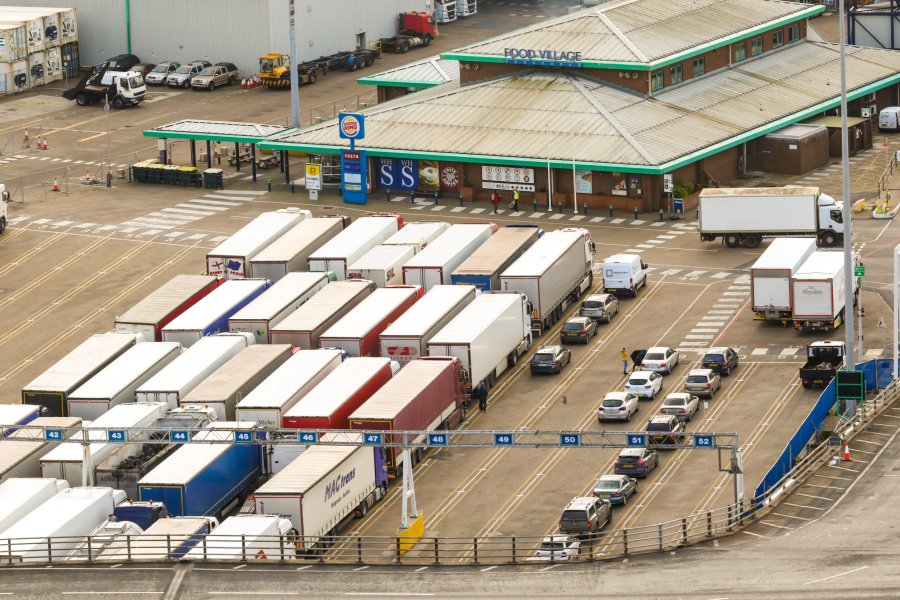Concern as Defra reclassifies EU fresh produce imports as 'medium risk'

Defra's reclassification of many fruit and vegetable consignments from the EU as 'medium risk' from 'low risk' has been called a 'severe blow' to the fresh produce sector.
The Fresh Produce Consortium (FPC), a UK trade association, has warned that the government's decision would add £200 million to the cost of fruit and vegetable imports.
Defra made the revision on the Government Plant Health Portal, confirming the reclassification of a substantial volume of EU fresh produce as 'medium risk'.
Despite the lack of an official public statement from Defra, the FPC said it believed the implications of the move would be 'profound'.
Whilst the post-Brexit implementation will not occur until 31 October 2024, the announcement would 'spark significant apprehension' within the sector.
The proposed government-managed Border Control Point (BCP) solutions, which receive imports of certain animal and plant goods from EU, "fall short of addressing the intricate demands of our highly efficient perishable sector, operating on a just-in-time basis."
Responding to the government's reclassification, Nigel Jenney, CEO of FPC said: "This verdict delivers a severe blow to the industry and will have widespread ramifications.
"For years, we have proposed viable solutions that are only now receiving government consideration.
"To enhance biosecurity and alleviate costs for consumers, it is imperative to establish cost-effective inspection solutions for SMEs, groupage consignments, and fast-track approval for responsible companies to conduct their own official inspections."
The FPC warned that the undisclosed costs associated with the Sevington BCP and additional Common User Charge fees posed a potential threat to the viability of numerous SMEs.
The rationale behind the product reclassification remains undisclosed, with the FPC saying it underscored the urgency to inform the industry and facilitate improvement.
With 65% of all EU imports relying on groupage, the repercussions would be 'far-reaching', the body warned. Vehicles carrying consignments not requiring inspection could still face prolonged delays at BCPs.
Mr Jenney said: "Simplifying and reducing the complexity and cost of trade with the UK is crucial to prevent food inflation and potentially empty shelves.
"The industry advocates for the simultaneous implementation, on the 'go live' date, of industry-managed control points with approval for official inspections – Authorised Operator Status (AOS)."








